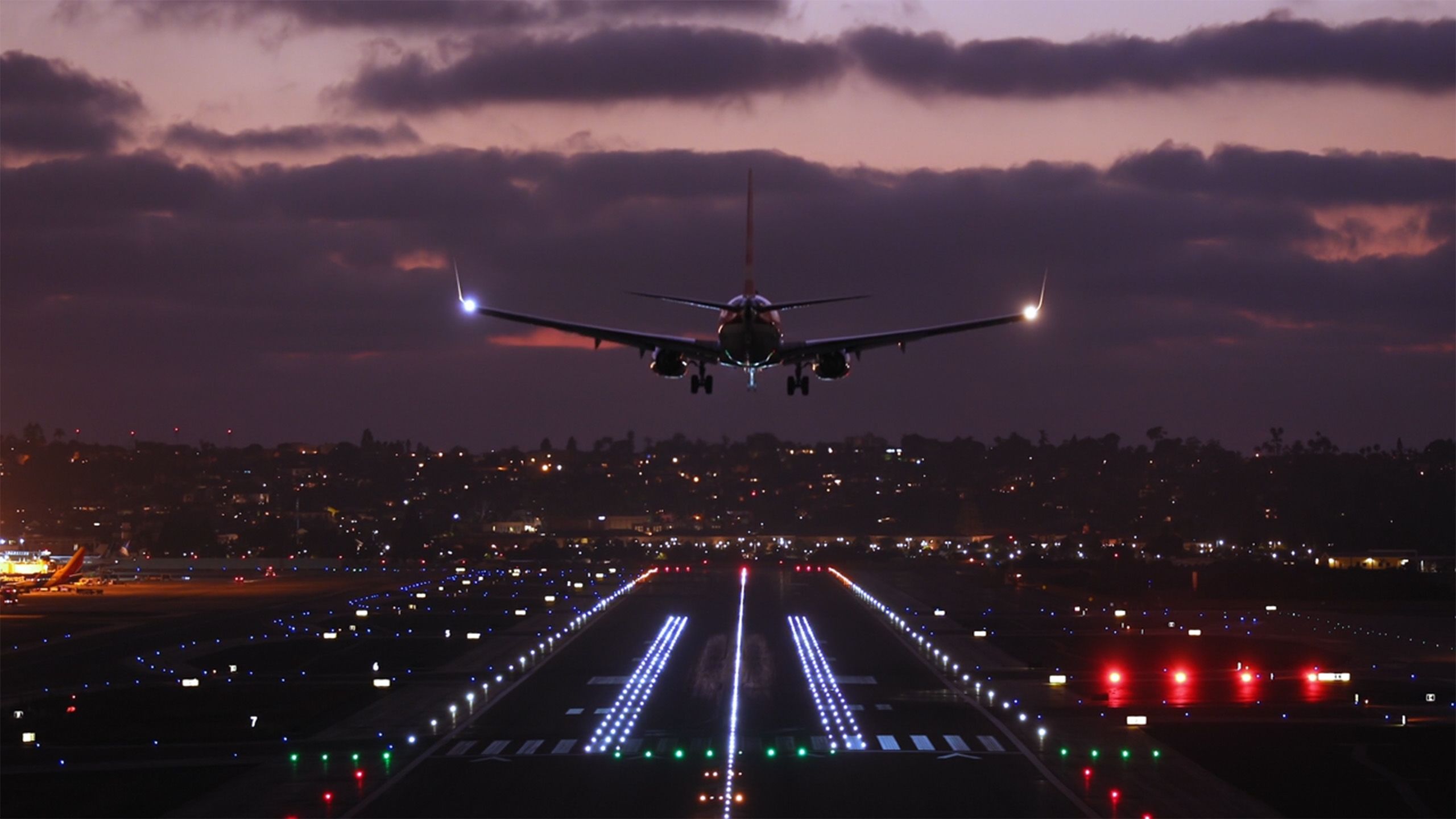The Need for Clear Communication and Broader Certifications in Aviation Safety
Safety is a top priority in air travel, which explains why airline passengers have generally supported recent measures aimed at restricting the use of power banks on flights. These measures were introduced after some power banks were linked to fires, raising concerns about their potential risks. However, the sudden imposition of a ban on certain power banks on flights in China led to confusion and frustration among travelers, highlighting the importance of balancing safety with passenger needs.
The Civil Aviation Administration of China implemented a strict emergency ban on June 28, but it was announced only two days prior, leaving many travelers unprepared. At airports, notices indicated that the ban applied to all lithium-based power banks lacking the China Compulsory Certification (3C). This certification, which was first issued in August 2023 and became mandatory a year later, did not accept certifications from other jurisdictions. Additionally, the ban included items from several manufacturers that had already recalled their devices due to safety concerns.
While international flights reportedly remained unaffected, domestic passengers faced challenges as security staff checked devices for 3C labels or for brands on a recall list. Many travelers expressed dissatisfaction on social media, sharing photos of banned devices that were discarded at checkpoints. This situation raised questions about the effectiveness of the implementation process and the need for better communication.
Concerns Over Power Bank Safety
Power banks have long been a topic of concern for airlines. While they are typically prohibited in checked baggage, they are often allowed in carry-on bags. However, incidents such as a fire before take-off on a Hong Kong-bound Air Busan plane in January, which was believed to be caused by a power bank, prompted stricter regulations. Following this incident, Hong Kong banned the use of power banks on flights from April 7 after a similar event was reported on a flight from Hangzhou.
These events underscore the need for clear guidelines and consistent enforcement. The nationwide crackdown on power banks could have been more effective if there had been an earlier notice and a broader range of acceptable certifications. Such an approach would have minimized disruptions for travelers, particularly those from overseas, and helped prevent the accumulation of electronic waste, which poses its own environmental risks.
Balancing Safety and Passenger Needs
Efforts to enhance safety are commendable, but they must also consider the practical needs of passengers. A more transparent and well-communicated policy would likely garner greater public support. Airlines and aviation authorities should work together to ensure that safety measures do not inadvertently inconvenience travelers or create unnecessary waste.
As the aviation industry continues to evolve, it is essential to find a balance between stringent safety protocols and the convenience of passengers. This includes recognizing the value of international certifications and ensuring that regulations are adaptable to different regions and circumstances.
Conclusion
The recent power bank ban in China serves as a reminder of the importance of clear communication and thoughtful policy-making in the aviation sector. By learning from this experience, officials can develop more effective strategies that prioritize both safety and passenger satisfaction. Ultimately, the goal should be to create a system that protects travelers while minimizing disruptions and fostering trust in the aviation industry.







